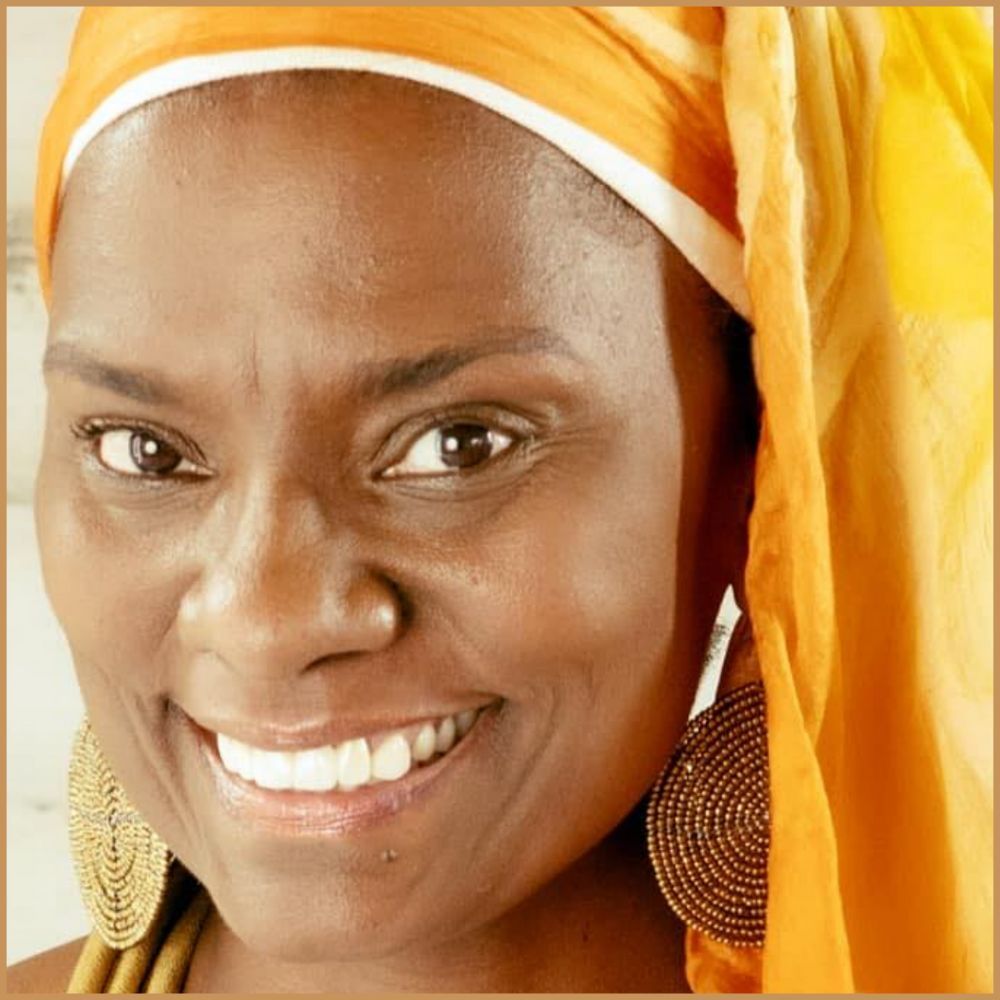Trauma Training
Co-Creating the Sacred: Clinical Applications of Spiritual Practice in Trauma Recovery
A spiritual trauma recovery training for therapists who want to integrate spirituality into trauma work ethically and clinically.
Trainer: Sabrina N'Diaye, PhD, MDiv, LCSW-C
On-Demand: Available with lifetime access for asynchronous learning. This course was recorded on December 4, 2025.
Restore the Sacred in Trauma Therapy
Many trauma survivors carry spiritual wounds alongside psychological and relational ones. For therapists, spirituality can feel both essential and intimidating: vital to healing, but easy to mishandle.
This spiritual trauma recovery training is designed for clinicians across backgrounds and modalities who want to integrate spirituality into trauma therapy ethically and clinically, in a way that honors each client’s spiritual lineage. You’ll explore how neuroscience, spiritual wisdom, and somatic approaches can work together to foster profound trauma healing.
Through a thoughtful, research‑informed curriculum that respects diverse cultural and spiritual belief systems, you will deepen your understanding of the neurobiological and psychological impact of spirituality on trauma, and learn how to cultivate inclusive, compassionate spaces for healing. Whether you’re seeking practical tools, increased cultural responsiveness, or a deeper sense of purpose in your clinical work, this course will equip you to support each client’s journey with integrity and depth.
This course sits alongside our free Black History Month Clinical Conversations series, including Integrating Spirituality into Trauma‑Aligned Care, as part of TTI’s commitment to Black‑led, liberation‑focused trauma education.

Who Is This Course For?
This course is ideal for trained therapists who can feel the spiritual dimensions of their clients’ trauma, but haven’t been given clear, ethical frameworks or tools to address them. It’s especially relevant if you want to:
- Integrate spirituality into trauma‑focused practice in a way that is grounded, ethical, and clinically sound
- Explore spiritual tools for healing, such as ritual, guided imagery, and breathwork, that are both culturally sensitive and trauma‑informed
- Nurture a deeper clinical presence and sense of purpose when working with spiritual wounding and spiritual resilience
- Build resilience for yourself and your clients as you navigate complex spiritual and relational stories
Hold sacred space for individuals of all spiritual backgrounds, including those whose faith traditions differ from your own
What You'll Learn in this Trauma Training
By the end of this spiritual trauma recovery training, you will be able to:
- Clarify how spirituality influences trauma recovery across diverse spiritual and cultural backgrounds, so you can recognize when spiritual themes are central to the work
- Examine the neurobiological and psychological impacts of spiritual wounding and spiritual healing, and translate that knowledge into language your clients can understand
- Integrate at least three spiritual approaches, such as ritual, guided imagery, and conscious breathwork, into trauma sessions in ways that support regulation and meaning‑making, not spiritual bypass or coercion
- Navigate ethical frameworks and clinical boundaries for blending spirituality with psychotherapy, including how to avoid imposing beliefs or appropriating clients’ traditions
- Reflect on your own spiritual story and perspective, and understand how it shapes your therapeutic presence and decision‑making in session
- Strengthen your ability to support clients from faiths or traditions different from your own with cultural humility, curiosity, and respect
About Your Trainer, Sabrina N'Diaye, PhD, MDiv, LCSW-C

Dr. Sabrina N'Diaye is a therapist, storyteller, and spiritual teacher who has spent over a decade integrating spirituality, mind‑body medicine, and trauma therapy with individuals and communities around the world. As an integrative therapist, author, and peacebuilder, she blends ancient spiritual practices with the latest scientific research to guide others on their healing journeys. She is affectionately referred to as “Sister Sabrina” in the communities she serves.
Dr. Sabrina holds a PhD in Mind‑Body Medicine from Saybrook University, where her research focused on the use of guided imagery as a healing tool for African American women with chronic STIs. She is the founder of The Heart Nest Center for Peace and Healing, where she lovingly serves women, couples, and small groups. A passionate storyteller, Dr. Sabrina is a strong advocate for the power of narrative in the healing process.
She believes that sharing stories is a powerful tool for connecting with others and fostering community healing. This belief is central to her workshops and public speaking engagements, where she encourages participants to explore and share their own stories as pathways to personal and collective healing.
For over thirteen years, Dr. Sabrina served as a senior faculty member with the Center for Mind‑Body Medicine, leading teams in response to community‑wide trauma around the world. She is a highly respected member of the therapeutic community, frequently lecturing on topics such as peacebuilding, spirituality, self‑care for healers, imagery, writing, and the transformative power of connection.
Her first book, Big Mama Speaks: Love Lessons from a Harlem River Swan, draws on her maternal grandmother’s resilience in overcoming trauma and chronic illness. Dr. Sabrina is deeply passionate about mentoring other therapists in creating fulfilling careers while serving humanity. She is a devoted wife, mother, daughter, sister, and friend, who remains humbled by the healing powers of compassion, forgiveness, and love.


